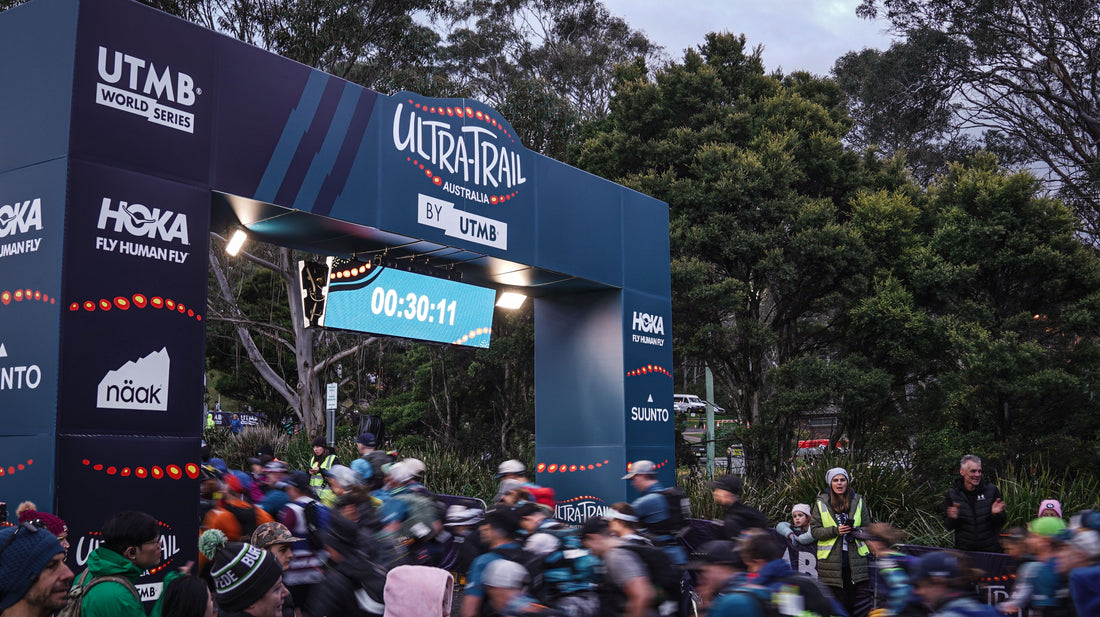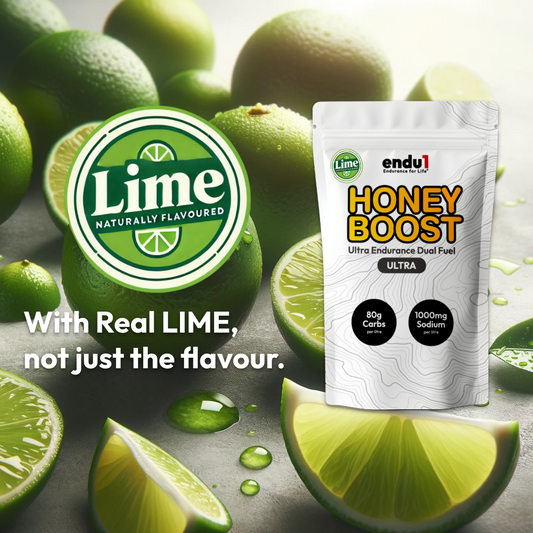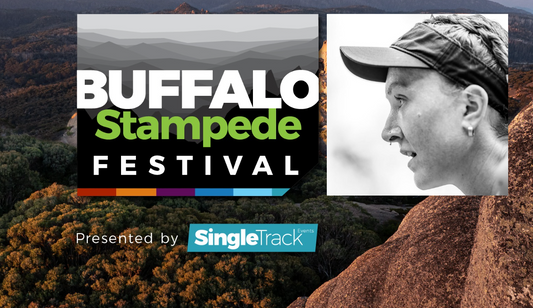
What is it like running a 100km ultra marathon
Share
Running a 42k marathon is challenging for many. Running an ultra marathon covering 100km with an elevation gain half the height of Mt. Everest seems humanly impossible. If you first told me someone would run for 20+ hours to finish a race, I would say they are nuts. Or are they?
Over the last 10 years, trail running has become more and more popular. Many marathon runners or triathletes were looking for new challenges. They have been training and racing for years, hoping to finish within their personal best time. TIME is the only enemy. Introducing the ultra marathon, a race that covers distances beyond 42km (26.6 miles). It often (well, almost always) covers single-track hiking/walking trails with rolling hills and, in some cases, climbs above 2000m from sea level. The elevation is a whole different ball game. What goes up must come down. Not only will you be pulling yourself up steep slopes or relentless staircases, but you will also be charging down quad-busting downhill sections that are often neglected until your quads give out on you. You will be consuming a whole year's worth of carbs (well, maybe a whole week's) in a matter of 20 hours. You will drink more liquids (water or electrolytes) than a camel. Some say it’s an eating contest. Every hour, you are consuming 2-3 packs of energy gels, and you are drinking 500ml-1 liter of fluid to replenish your sweat loss. Your body is in overdrive, your nerves are intense, and your mind is all over the place at first, then just blank… Eventually, it will be just you, your steps, and the nature around you. Your work stress is gone. You don’t need to worry about anything at all. The only thing on your mind is simple: to cross the finish line at some point. You are alone most of the time, but if you do meet other runners, you will instantly make good friends and talk about just about anything. Time flies by very quickly. Your goal is to complete the race, but your next immediate target is the aid station, which you can see as your quick pit stop, like in motor racing. I have never been happier than when I see all the food available at aid stations, which you would never find anywhere else, including marathons and triathlons. It’s like a big buffet, but the only difference is that the food is mainly for getting your carbs and hydration. You will not find oysters, salmon, or roast chicken (if you do, let me know and I will sign up for the race just for the food). There are fruits, especially bananas, watermelon, and oranges. They will have salty food such as chips, instant noodles, and sandwiches. Other snacks such as lollies and chocolates are mostly available.
Most trail running and ultra marathons will have an army of volunteers (vollies). They are incredible human beings. They sacrifice their personal time to support the runners. Very often, they have to bear the cold, the heat, the boredom, and many other challenges runners do not know. Without them, there would be no race. They will not be standing on the podium. They are the unsung heroes behind every runner’s success. Before the race, you may doubt whether you need to carry so much gear. Are there any mandatory gear requirements in other endurance races such as marathons and triathlons? NO… but believe it or not, mandatory gear is mandatory for a good reason. In the recent UTMB Ultra-Trail Australia race, many runners had to wait in a long queue for almost an hour at a ridge where the temperature was likely sub-zero with wind chills. Many runners pulled out their thermal tops and pants, gloves, and fleece jackets. They are all mandatory gear. Another fascinating fact about ultra marathons is that there are always unknowns, and you have to deal with them and improvise as you go. It really shows who you are and how resilient you are. In my last race, I made a huge rookie mistake and left all my energy gels in the drop bag! So, I was standing at the starting line with no gels in my pack! I was lucky that I had my natural supports supplement (Endu1's Honey Boost ULTRA), so I almost solely relied on it during the race as I didn’t want to try anything new. Then, my watch’s battery was much worse than in my last 100k race, and I had only 30% left after 30km. I knew it would not last the whole race. I ended up setting it to ultra battery mode so I could only track my distance, but not my heart rate, which was extremely important to me. I didn’t expect the race would have so many river and creek crossings. I forgot to leave spare socks in my drop bag, so I ended up racing 100km with wet socks. Thank God, my feet were okay without a single blister.
At nightfall, the conditions were even harder. You can only see a few meters ahead; everything goes quiet. Runners don’t like to talk anymore; it’s just your breathing and your steps. You endure it for hours and hours… If you are still running/walking during the early hours, it is the most difficult time to stay awake. Do you know you can fall asleep while walking? That’s what it’s like in an ultra marathon. In a 100km race, you will likely be close to the finish line by early morning at the latest. If you are racing 100 miles (176km), you will likely have another day ahead of you, and you just repeat all the above again.
Have you ever felt like you were being chased by monsters? In ultra marathons, there are cut-off times you have to beat, so you must always stay ahead of the clock. Some races have tight cut-offs, so you need to plan your pacing in advance. If you don’t, you’ll keep chasing your tail and eventually miss the cut-off. In some races, there will be a group (usually 2-4 runners from the organizers) acting as 'Sweepers.' Their job is to ensure that no runners are left behind. If you are ahead of the cut-off, you should not see them. If you do, chances are you will likely run out of time. Normally, sweepers will try to help the runners, but if they are injured or too slow, the sweepers may suggest that you withdraw from the race. If you do withdraw, miss the cut-off time, or suffer an injury, you will receive a 'DNF' (Did Not Finish) and be disqualified from continuing the race. It sucks, but that’s the way it is.
Is an ultra marathon for everyone? No. Can you try an ultra marathon? Absolutely. You should never underestimate yourself and your determination. We, humans, are born to walk or run long distances. That’s how our ancestors lived. They would go hunting for days. Set your goal, take your first step, then your second step, and another step. You are not born to finish an ultra marathon, but you are born to take baby steps that will help you finish your ultimate challenge.







